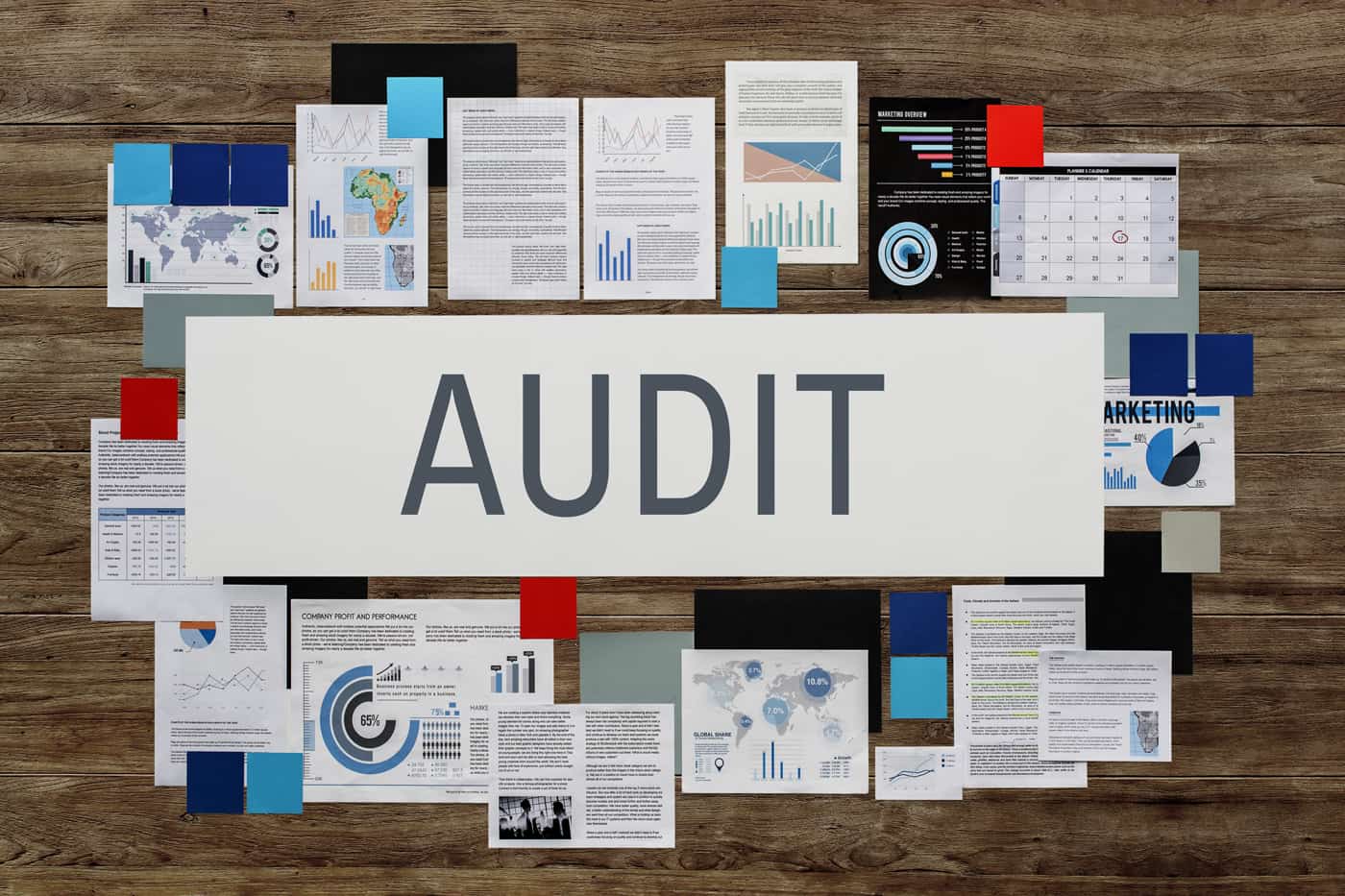Caro 2020 Latest Amendments for Auditor’s Company
Ministry of Corporate Affairs issued CARO 2020 in 25th February,2020. It has 21 main clauses & 37 sub clauses.The Central Government has issued a set of questions to be answered by the Auditor of all companies except the companies which have been exempted. CARO creates a parity in Audit Reports of all companies. It will help us when we wish to compare audit reports of more than one company in the same industry of the same segment. It requires that the auditor specifies reasons for all adverse remarks given in the answers of CARO questions. This gives a kind of justification for each remark given by the auditor. It has replaced earlier versions of CARO i.e, CARO 2016. It means the audit report of F.Y 20-21 shall have CARO reporting as well.
APPLICABILITY
It is applicable to all the companies including a foreign company & branch Audit
EXEMPTION FROM CARO 2020
Banking Company, Insurance Company, Charitable Company, One Person Company and Small Company.
Private Company which does not cross any of the following limits:-Such Private Company should not hold be holding or subsidiary of any Public Company, Paid Up Share Capital and Reserves & Surplus should not exceed Rs 1 Crore, Total Borrowings from banks and financial institutions should not exceeds Rs 1 Crore or Total Revenue including revenue from discontinuing operations should not exceed Rs 1 Crore.
CARO Reporting does not apply to consolidated Financial Statement
REPORTING CLAUSES UNDER PARA 3 OF THE ORDER
- PROPERTY, PLANT & EQUIPMENTS (PPE)
Company must maintain full details about PPE & Intangible assets.It should be verified in a reasonable intervals.Tiltle deeds of immoveable property should be shown in balance sheet
- INVENTORIES [PARA 3(ii)]
Physical verification of inventory has been conducted at reasonable intervals, the coverage and procedure of such verification by the management is appropriate, if any discrepancies of 10% or more in the aggregate for each class of inventory then they have been properly dealt with in the books of account or during any point of time of the year, the company has been sanctioned working capital limits in excess of RS 5 Crores, in aggregate, from banks or financial institutions on the basis of security of current PPE, where the quarterly returns or statements filed by the company with such banks or financial institutions are in agreement with the books of account of the company.
III. INVESTMENTS, GUARANTEE SECURITY, LOANS OR ADVANCES [PARA 3(iii)]
If the company made investment during the year & provided any loans, guarantee, security, etc.. to LLP, Companies or Firms.The aggregate amount and balance outstanding during the year will be on
balance sheet date. It there any overdue, total amount of over due should be stated for more than 90 days.
- COMPLIANCE OF PROVISIONS OF SEC 185 & 186 – [PARA 3(iv)]
In respect of loans, investments, guarantees, and security whether provisions of Sections 185 & 186 of the Companies Act, 2013 have been complied with.
- PUBLIC DEPOSITS [PARA 3(v)]
In respect of deposits accepted by the company or amounts which are deemed to be deposits, if the directives issued by the RBI and the provisions of Sections 73 to 76 or any other relevant provisions of the Companies Act & the rules framed there under, where applicable, have been complied with, if not, the nature of such contraventions be stated.
- COST RECORDS [PARA 3(vi)]
Whether maintenance of cost records has been specified by the CG u/s 148)1) of the Companies Act, 2013 and whether such accounts and records have been so made and maintained.
VII. STATUTORY DUES [PARA 3(vii)]
Regularly deposited to GST, PF, ESI, Income Tax, Customs duty, Excise duty, Sales tax, cess & other statutory dues. More than 6 month outstanding payables have been on the Balance Sheet date. State amount & forum where disputes pending.
VIII. UNRECORDED INCOME [PARA 3(viii)]
Whether any transaction not recorded in the books of accounts have been the tax assessments under the surrendered or as income during the year in the tax assessments disclosed under the Income Tax Act, 1961, if so Whether the previously unrecorded income has been properly recorded in the books of accounts during the year.
- REPAYMENT OF DUES [PARA3(ix)]
If the company defaulted in repayment of loans or borrowings, the details of lender should be provided.if the fund raised for short term is utilised for long term should be stated.
- APPLICATION OF MONEY RAISED BY PUBLIC ISSUE AND PREFERENTIAL ALLOTMENT – [PARA 3(x)]
Application of Money raised by public issue:-Money raised by IPO or FPO during the year were applied are raised if not, the details together with delays or default and subsequent rectification. If any, as may be applicable, be reported.
Preferential allotment:-Company has made any preferential allotment or private placement of shares or convertible debentures during the year. If so, requirements have been complied with and the funds raised used for the purposes for funds were raised, if not, provide details of it.
- FRAUD [PARA 3(xi)]
Whether any fraud by the company or any fraud on the company has been noticed or reported during the year, if yes, the nature and the amount involved is to be indicated or whether any report u/s 143(12) of the Companies Act has been filed by the auditors in Form ADT-4 as prescribed under rule 13 of Companies (Audit and Auditors) Rules, 2014 with the Central Government or whether the auditor has considered whistle-blower complaints, if any, received during the year by the company
XII. NIDHI COMPANIES [PARA 3(xii)
Whether the Nidhi Company has complied with the Net owned Fund to Deposits in the ratio of 1.20 to meet out the liability, maintaining 10% unencumbered term deposits to meet out the liability and there has been any default in payment of interest on deposits or repayment thereof for any period and if so, the details thereof
XIII. TRANSACTIONS WITH RELATED PARTIES [PARA 3(xiii)]
whether all transactions with the related parties are in compliance were applicable and the details have been disclosed in the financial statements, etc… by the applicable accounting standards based on the procedures performed by the auditor, if the auditor comes across any non-compliance , then it should be duly reported.
XIV. INTERNAL AUDIT SYSTEM – [PARA 3(xiv)]
Whether the company has an internal audit system commensurate with the size and nature of its business and the reports of the Internal Auditors for the period under audit were considered by the statutory auditor.
- NON-CASH TRANSACTION WITH DIRECTORS [PARA 3(xv)]
Whether the company has entered into any non-cash transactions with directors or persons connected with him and if so, whether the provisions of section 192 of Companies Act have been complied with
XVI. REGISTRATION WITH RBI [PARA 3(xvi)]
The company is required to be registered u/s 45-IA of the Reserve Bank of India Act, 1934 and if so, registration has been obtained,or company conduct any Non-Banking Financial or Housing Finance activities without a valid Certificate of Registration(CoR) from the Reserve Bank of India as per the Reserve Bank of India Act, 1934 or whether the company is a Core Investment Company (CIC) , if so, it continues to fulfill the criteria of a CIC, and in case the company is an exempted or unregistered CIC, or The Group has more than one CIC as part of the Group, if yes, indicates the number of CICs which are part of the Group.
XVII. CASH LOSSES [PARA 3(xvii)]
Whether the company has incurred cash losses in the financial year and in the immediately preceding financial year. If so , state the amount of cash losses.
XVIII. CONSIDERATION OF ISSUES RAISED BY OUTGOING AUDITOR [PARA3(xviii)]
Whether there has been any resignation of the statutory auditors during the year, if so, whether the auditor has taken into consideration the issues, objections or concerns raised by the outgoing auditors
XIX. EXISTENCE OF MATERIAL UNCERTAINTY AS TO MEET ITS LIABILITIES- [PARA 3(xix)]
On the basis of the financial ratios, ageing and expected dates of realisation of financial assets and payment of financial liabilities, other information accompanying the financial statements, the auditor’s knowledge of BOD and management plans, If the auditor has the opinion that no material uncertainty exists as on the date of audit report that company is capable of meeting its liabilities existing at the date of balance sheet as and when they fall due within a period of one year from the balance sheet date
- TRANSFER OF UNSPENT CSR AMOUNT [PARA (xx)]
Whether, in respect of other than ongoing projects, the company has transferred unspent amount to a Fund specified in Schedule VII to the Companies Act within a period of 6 months of the expiry of the financial year in compliance with 2nd proviso to Sec 135(5) of the said Act or whether any amount remaining unspent u/s 135(5) of the Companies Act, pursuant to any ongoing project, has been transferred to special account in compliance with the provision of Sec 135(6) of the said Act.
XXI. QUALIFICATIONS OR ADVERSE REMARKS IN CARO REPORT OF GROUP
COMPANIES [PARA 3(xxi)]
whether there have been any qualifications or adverse remarks by the respective auditors in the Companies (Auditor’s Report) Order reports of the companies included in the consolidated financial statements, if yes, indicate the details of the companies and the paragraph numbers of the CARO report containing the qualifications or adverse remarks.
REASONS TO BE STATED FOR UNFAVOURABLE OR QUALIFIED REMARKS
In auditor’s report,if the answer to any of the questions referred to in paragraph 3 is unfavourable or qualified, the auditor’s report shall also state the basis for such unfavourable or qualified answer, as the case may be and Auditor is unable to express any opinion on any specified matter, his report shall indicate such fact together with the reasons as to why it is not possible for him to give his opinion on the same.





